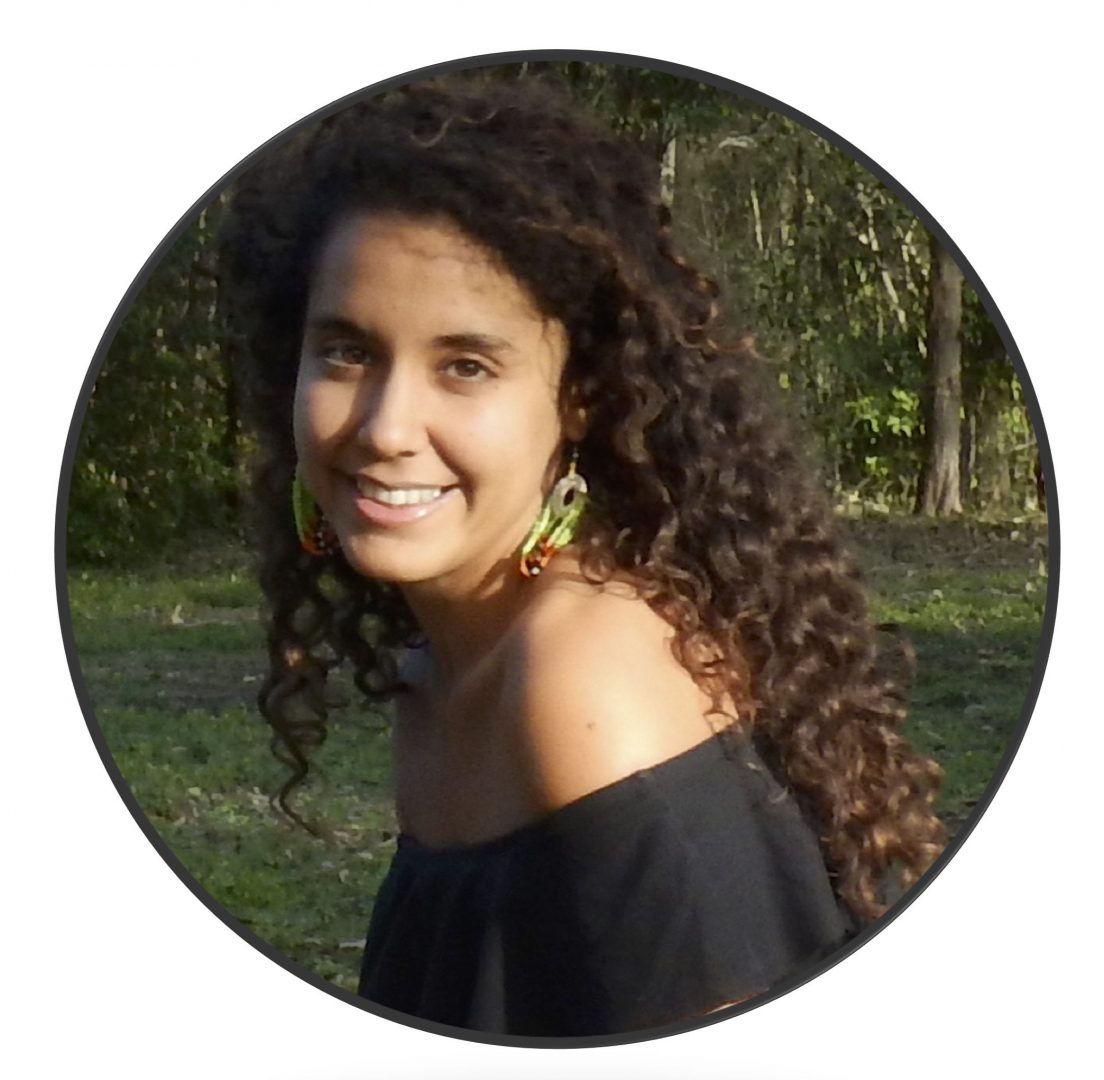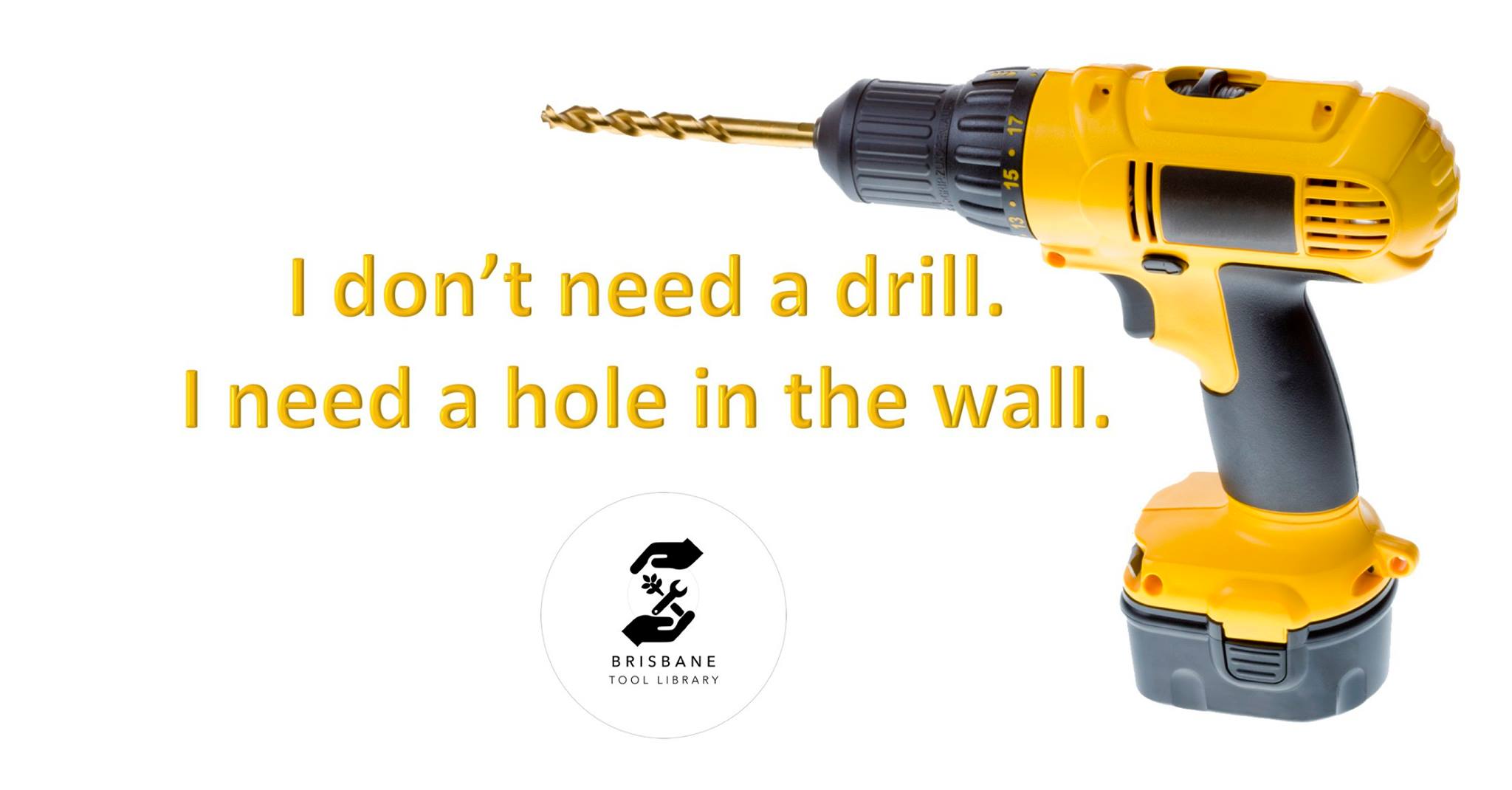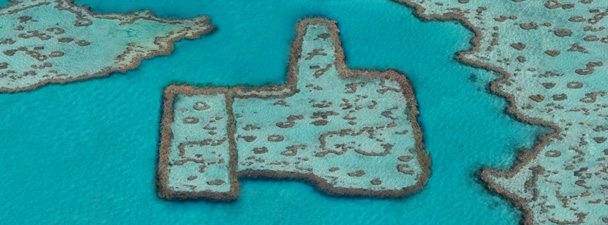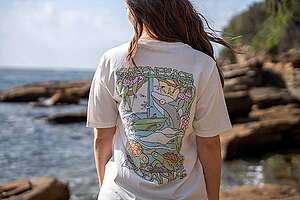What if you could borrow some tools just as you would borrow books from a library? What if instead of buying your camping gear, you could just borrow it for the weekend? What if you could borrow a baby stroller?
 Born in 1992, the year of the first global Earth Summit in Rio de Janeiro, I am part of a generation that inherited a world where the air is more polluted, where water flows are contaminated, and where our forests are cut down each second.
Born in 1992, the year of the first global Earth Summit in Rio de Janeiro, I am part of a generation that inherited a world where the air is more polluted, where water flows are contaminated, and where our forests are cut down each second.
Nowadays the world is experiencing too many environmental and social interlinked crises. After being involved for a decade in “green” movements, I realised that implementing environmental policies, although useful, is definitely not enough. The current environmental situation due to climate change and ecological destruction urges us to rethink and tackle the core values of our economic development.
Our current linear growth means we are forever extracting resources, making our time on earth both ecologically and socially unsustainable. Our system is undermining the very foundation of our present and future. To halt the destruction of irreplaceable natural resources and pollution of the planet, we need to go beyond the material consumption of the current “take, make and dispose” system. And stop precious finite resources being discarded in landfill.
These reasons pushed me to found the Brisbane Tool Library. This social enterprise provides resources, such as tools and skills. It’s for people who like to do the occasional home or garden improvement or who like to go on the odd camping trips, but do not want to buy a tool or a gear that they might only use once. The tool library lets people borrow, use and share tools, without actually owning them.
Basing our system on a sharing economy, that prioritises access over ownership, we will reduce the need to purchase things or to purchase space needed just to stock things. Every time a user will borrow something from the tool library, he or she will contribute to reducing the depletion of resources involved in the production of an item.
This is not a “new” economy but rather an “old” economy, based simply on a society that shares, repairs, reuses and recycles.
People can borrow household items, sports equipment, camping gear, lawnmowers, digital cameras, sewing machines and even baby items. These items are collected from the community and given a second life. Once we find the right, affordable, permanent place to set up shop (as sustainable projects have to compete with pure for-profit business to find a rentable place) then the community will be able to become members (for an affordable price) and have access to all of our tools and services.
At the end, you don’t want a drill, what you really want is a hole in the wall, right?
I’m convinced that nothing less than a transformation of our attitudes and behaviour will bring about the necessary changes to our addiction to consumption. Protecting the environment might be reason enough to change, but on a larger spectrum with a sharing and circular economy, we can also create monetary value and jobs.
Recently I wrote a chapter called “Consumer, citizen or a new definition?” in the newly published book “Positive Steps to a Steady State Economy” (CASSE NSW). Here I highlight how in the current system people are primarily conceptualised as economic entities, as consumers, whose interests equate with maximising the economic utility. This system leads us to consume as a means to ensure economic prosperity to our society. In the chapter, I discuss how simply the term “consumer” is inimical to achieving any sustainability. Being consumers, we are just bolts of the economic growth machine. Therefore, the challenge of this century is to weed out the culture of surplus, avoiding further degradation through the commitment to “shop till you drop”.
We need to advance an alternate definition of the concept of consumer that goes beyond the profit-seeking economic consideration. I am convinced that we do not need to wait for changes in the theoretical space to start changing our lifestyle toward a circular economy. It’s these reasons the Brisbane Tool Library is my (and hopefully yours) practical way to reduce consumption within the community.
Beyond the Tool Library, I want to open and facilitate the conversation about the steps toward a new economic system. On September 1-3 I am co-organizing the New Economy Conference in Brisbane and co-creating the New Economy Network Australia (NENA), a movement that you are welcome to join to share your vision and your projects for a more economic, social and environmentally sustainable society.



